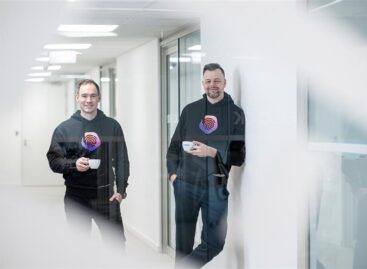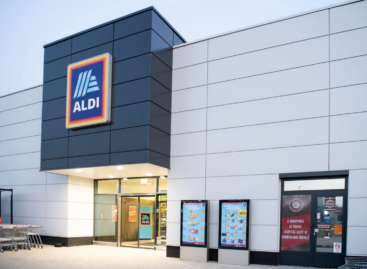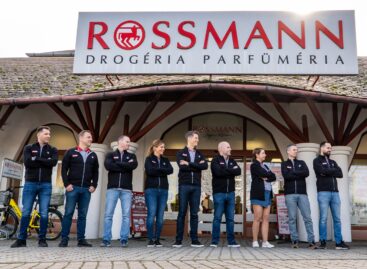Things learned by Metro-in Central and Eastern Europe
The first Metro stores in our region opened in Hungary and Poland in 1994. An account of the progress made since then has been given by Frans W. H. Muller, CEO of the Metro group at the ECR Europe conference held in Berlin. Metro sales grew by 24,4 percent last year in our region, reaching EUR 15,7 billion. At present, Metro operates 158 Metro and Makro Cash&Carry stores, 74 real hyper markets, and 73 Media Markt and Saturn electronics stores. The Central and Eastern European region accounts for 24 percent of the total revenues generated by the Metro group. According to data from FERI research located in Bad Homburg, nominal household consumption is expected to continue increasing at an average rate of 16,3 percent per year in our region. Russia and the Ukraine are expected to produce the most dynamic growth, while the smallest rise in consumption is foreseen in Hungary. The process of entering a new market usually takes two years. Following market research and evaluation, feasibility studies are prepared and eventually recruitment begins in the new market. It is essential to become familiar with local consumer requirements, but an international business model which guarantees high productivity is just as important. The lifecycle of business processes is generally shorter than average in our region. Regarding the things learned in this region, the CEO pointed out that frequent innovations are needed both in terms of assortment and merchandising techniques. Purchasing power should not be under estimated., but openness to private labels is useful. Staff is generally highly qualified, but needs training to become familiar with the Western European business model. He also added that fluctuations in staff are frequent in this region, which means that employees need various incentives for loyalty to be maintained. It is important for expansion to be fast, which allows an efficient supply chain, quality assurance and logistics to be established. It is also important to provide support for partners in areas like preparing for inspections, or training.
Related news
Related news
BioTechUSA and Docler Holding CEOs Launch New Venture
🎧 Hallgasd a cikket: Lejátszás Szünet Folytatás Leállítás Nyelv: Auto…
Read more >




